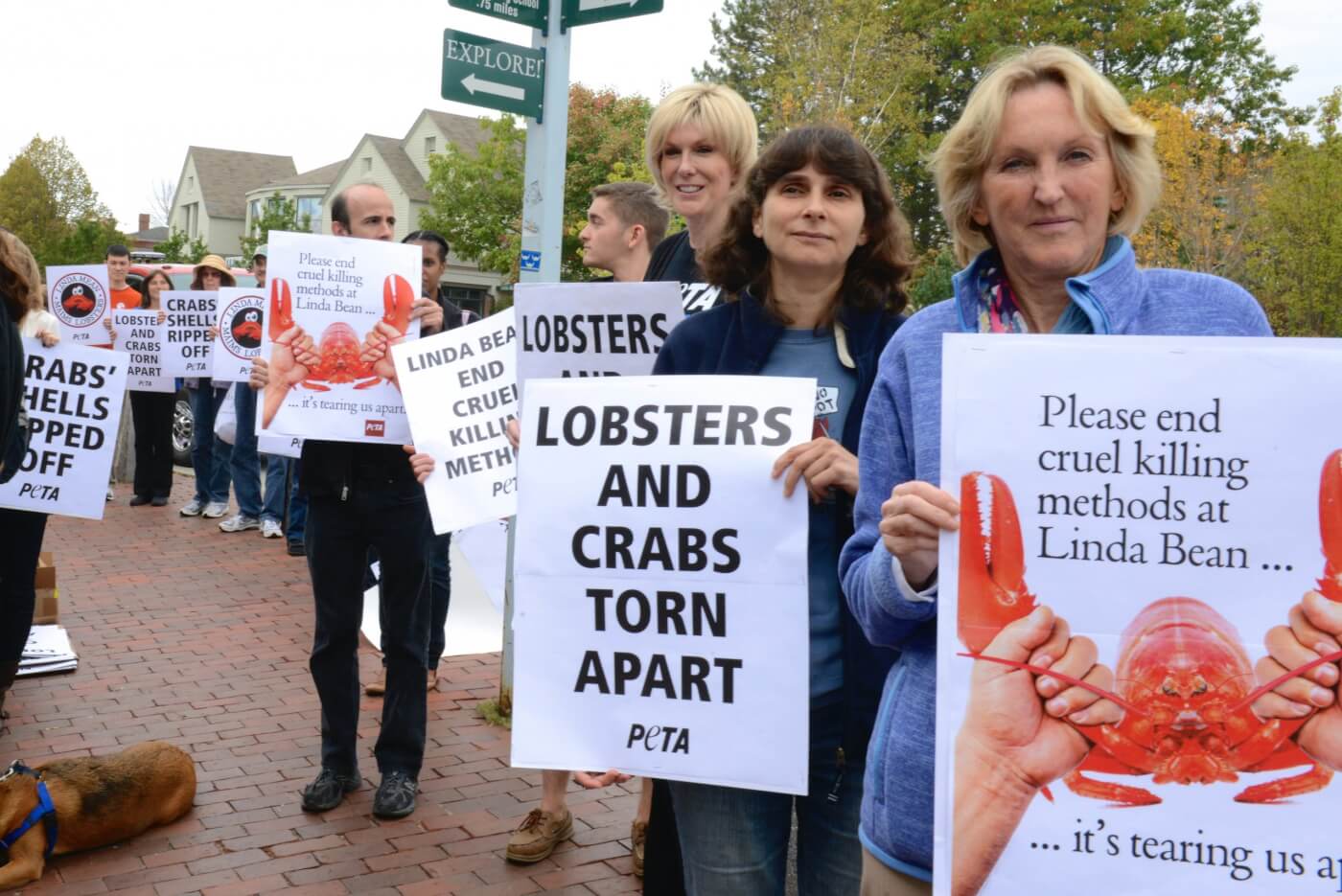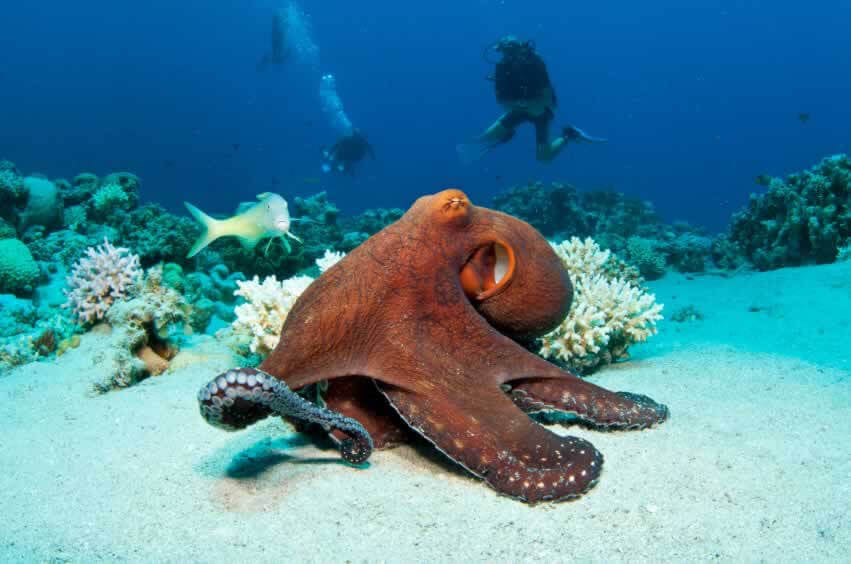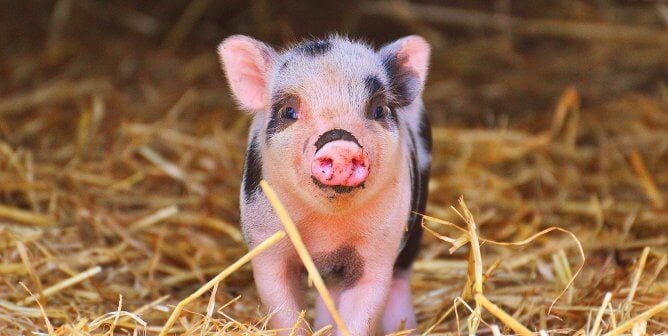Smart Sea Life: Crabs and Octopuses Are People, Too
Once upon a time, chimpanzees were on TV and in circuses, dressed in little outfits, and people laughed at them. And they were on greeting cards, too, grinning. People thought they were funny until Jane Goodall told us that chimpanzees are individuals with feelings who are self-sufficient in their own environment and that the “grin” is really a fear grimace. If you go online today and type in “crab,” 99.9% of what comes up is recipes and videos of people being mean to crabs, setting them on the floor for the dog to harass, while the scared little crabs do the only thing they can do: put their claws up to try to defend themselves. Crabs may look different from us, and they may be small, but those aren’t reasons to mock or harm them. It’s time to take a fresh look at crabs.
Why I Respect Crabs
I have a personal regret: When I was about 4 years old, I spent hours trying to catch a crab off a pier in Edinburgh, Scotland, and I was delighted when I finally succeeded.

I took the little animal back to our hotel rooms, but somehow, in the night, with what must have been a tremendous effort, the crab escaped the bucket and vanished, no doubt into a heating vent. I still think how awful it must have been for him to endure a prolonged death like that. While I can never make up for it, perhaps I can engender some respect for crabs now.
Fun Facts About Crabs
Few people think anything of harassing or eating these clever little people, but clever they are. Crabs are decapods, with 10 appendages, at least six of which are legs used for walking, so they move pretty quickly. Crabs know that humans can be dangerous. As soon as they spot any of us coming—which they can do from an impressive 60 feet away—they race back down into their burrows. Crabs can also take in a 360-degree panoramic view without moving. We could do that, too, if our eyes were—as theirs are—on movable stalks and made up of ommatidia. Their extraordinary brains combine all the images from the many ommatidia to create a picture of the world around them. Crabs often work together to gather food for their families, for mutual protection, and to protect females as they release their eggs.
Kinder Choices
Another confession: I used to pop in to some beach joint and order up a big bowl of female Chesapeake Bay crabs—females are said to taste sweeter than the males. In those less aware times, I’d crack open their carapace and suck the flesh out of their claws. Me, a women’s rights activist! Now, when I go into those places, I ask if they serve faux crab or faux fish, and I’ve been known to give them a few boxes of Gardein’s Mini Crispy Crabless Cakes or F’sh Filets.


How Smart Is an Octopus?
And then there are the octopuses, who are also extremely clever. Each of their eight arms has a mini brain that allows it to act independently, and they have a central brain, making nine brains per octopus! Remember Inky, who was held prisoner in a New Zealand aquarium? He kept a vigilant eye out for a day when someone cleaning his tank would forget to put the lid back on. When that day came, he hustled across the floor and down the drain. Octopuses can squeeze through holes the size of their own beak! He must have been able to smell freedom—so he made his escape, maneuvering through 164 feet of pipe that empties into the Pacific Ocean.

Octopuses Are Eaten Alive
Anyone moved by the Oscar-winning documentary My Octopus Teacher will be upset to learn that PETA has exposed restaurants in which octopuses are served and eaten alive. PETA is pushing for an end to that atrocity and recently scored a victory when Sik Gaek in New York agreed to halt the practice. Of course, if humans had three hearts, like octopuses, we would never capture them, let alone eat them. But we just need one compassionate heart to allow us to be kind to animals in all their forms.
Take Action Now for Crabs, Octopuses, and Other Animals
This essay was adapted from Ingrid Newkirk’s book Animalkind. Help open other people’s hearts and minds by buying a copy for your friends at PETA.org/Store.
As an Amazon Associate, PETA earns from qualifying purchases. If you buy something after clicking the Amazon links on this page, a percentage of the qualifying purchase will be donated to PETA and help us protect more animals from exploitation.




